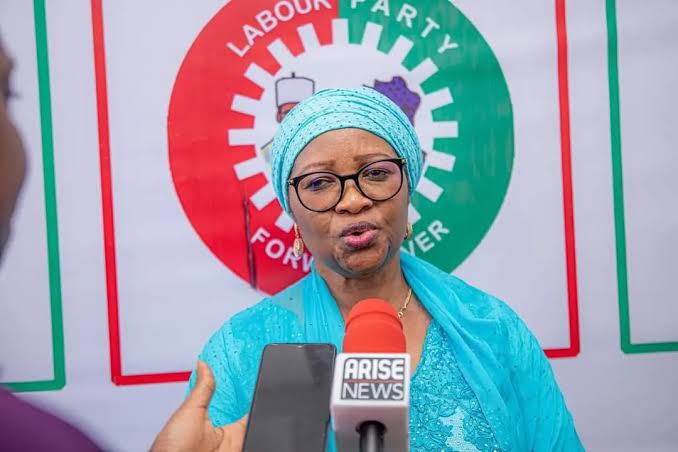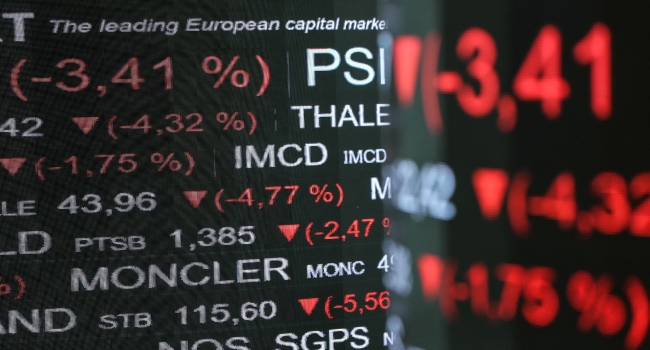African Continent Grapples with New Wave of Mpox Cases
The African continent is facing a new wave of Mpox (formerly monkeypox virus) cases, driven by a new ‘Clade 1b’ variant, which is spreading quickly and expanding the virus’s reach across the continent. Currently, 15 African countries are grappling with the outbreak, resulting in 2,030 confirmed cases and 13 deaths this year alone.
The World Health Organization (WHO) has mobilized $1 million from its Contingency Fund for Emergencies to strengthen Africa’s response, while the African Union allocated $10.4 million. However, the “elephant in the room” is African governments’ inability to integrate Mpox vaccines in their public health response since the beginning of the outbreak.
The disparity in vaccine access highlights the persistent inequities in healthcare, making it difficult to achieve universal eradication of similar diseases. The lack of access to life-saving vaccines in low-income countries hindered efforts to fully mitigate the disease during the 2022 outbreak.
The WHO has convened an Emergency Committee meeting on August 14 to determine if the situation constitutes a Public Health Emergency of International Concern (PHEIC). Meanwhile, the Africa Centre for Disease Control and Prevention (Africa CDC) has declared the Mpox a Public Health Emergency of Continental Security (PHECS).
To curb the spread of the virus, the Africa CDC needs 10 million doses, but only 200,000 are available. The WHO is working to accelerate the delivery of available vaccines to the Democratic Republic of Congo, the epicentre of the virus, but a clear timeline or quantity for the rollout has not been provided.
The urgency of vaccine self-sufficiency is again high on the agenda, with Africa CDC launching the Partnerships for African Vaccine Manufacturing (PAVM) Framework for Action in 2021. However, beyond announcements, the right investments need to be made to bring this goal to life.
To increase vaccination access in African countries, urgent cooperation across several countries and international organisations is required. This includes enhancing data systems, engaging and empowering local communities through education and awareness initiatives, and prioritizing the enhancement of data systems to ensure accurate tracking of vaccine distribution, coverage, and impact.
The Mpox outbreak serves as a stark reminder of the importance of global cooperation and vaccine equity. As the world continues to grapple with this new wave of cases, it is crucial that we work together to ensure that all countries have access to life-saving vaccines and that we prioritize the health and well-being of all individuals, regardless of their geographical location.



